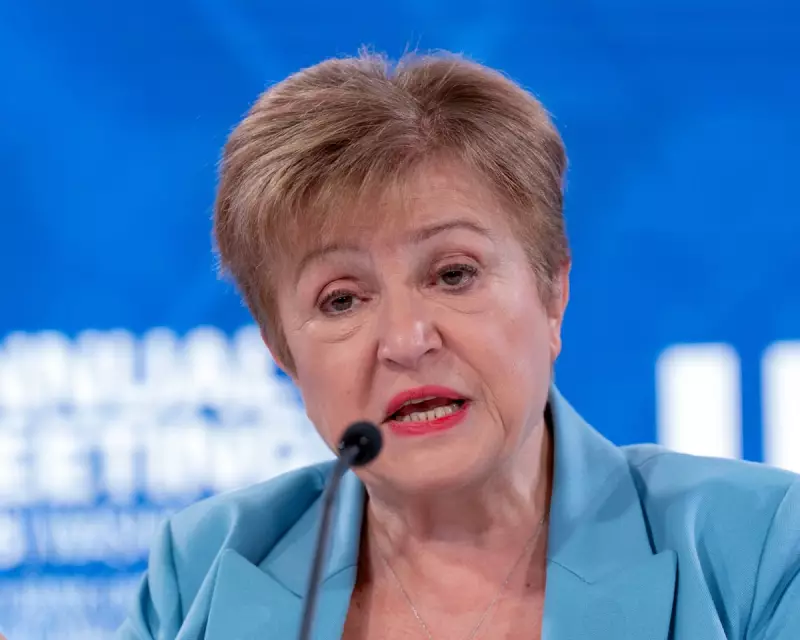
The head of the International Monetary Fund has delivered a stark warning about the rapidly expanding world of non-bank lending, admitting that the potential risks in this sector are what "keep her awake at night."
Speaking at a major financial conference, IMF Managing Director Kristalina Georgieva highlighted the extraordinary growth of non-bank financial intermediation, which now represents nearly half of all global financial assets. "We are talking about $240 trillion," she emphasised, underscoring the sheer scale of this largely unregulated market.
The Sleeping Giant of Global Finance
Georgieva pointed to several alarming vulnerabilities that have emerged in the shadow banking sector:
- Liquidity mismatches where short-term funding supports long-term investments
- Hidden leverage that could amplify market shocks
- Interconnectedness with traditional banking systems
- Inadequate risk management practices among newer lenders
"What worries me is that in good times, risks are easily overlooked," Georgieva told attendees. "But when the tide turns, we may discover who has been swimming naked."
Echoes of 2008?
The IMF chief drew parallels with the 2008 financial crisis, noting that while traditional banks are now better capitalised and regulated, risks have simply migrated to less supervised areas of the financial system.
"Before the global financial crisis, we were worried about banks," she reflected. "Today, banks are stronger, but we have this massive growth in non-bank financial intermediation."
Georgieva's concerns come as private credit markets have exploded in popularity, with institutional investors chasing higher yields in an environment of prolonged low interest rates.
Call for Coordinated Action
The IMF is pushing for enhanced monitoring and international cooperation to address these emerging threats. Georgieva stressed that regulators need to "stay ahead of the curve" and develop frameworks that can adapt to the evolving financial landscape.
"We cannot wait for a crisis to happen," she warned. "The time to strengthen the oversight of non-bank lending is now, while the sun is still shining."
Her comments signal growing unease among global financial authorities about the potential for the next systemic crisis to emerge from the shadows of the banking world.





